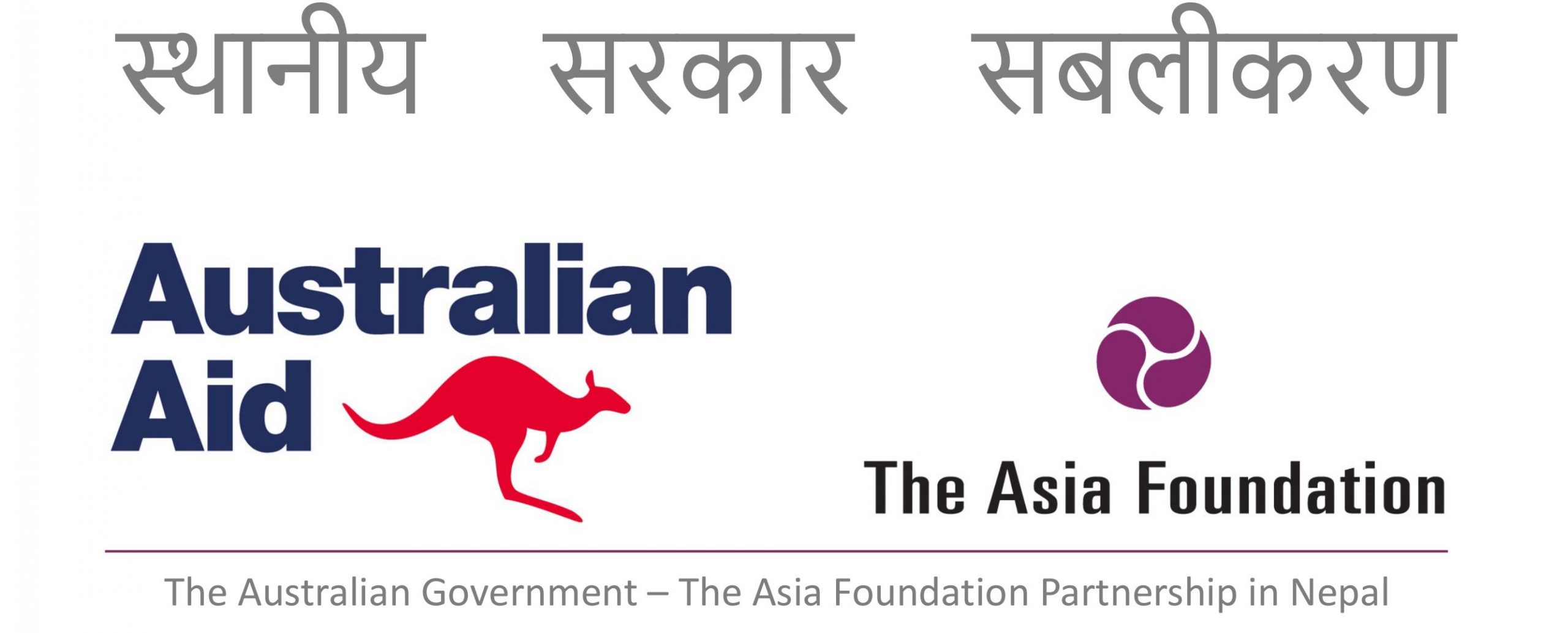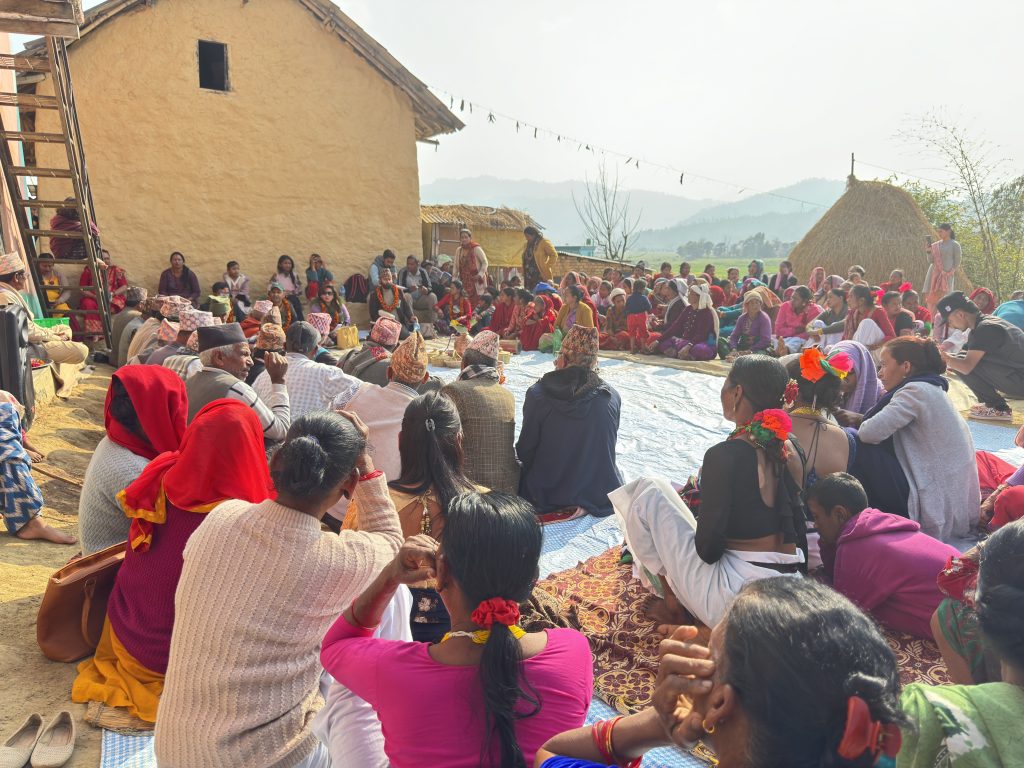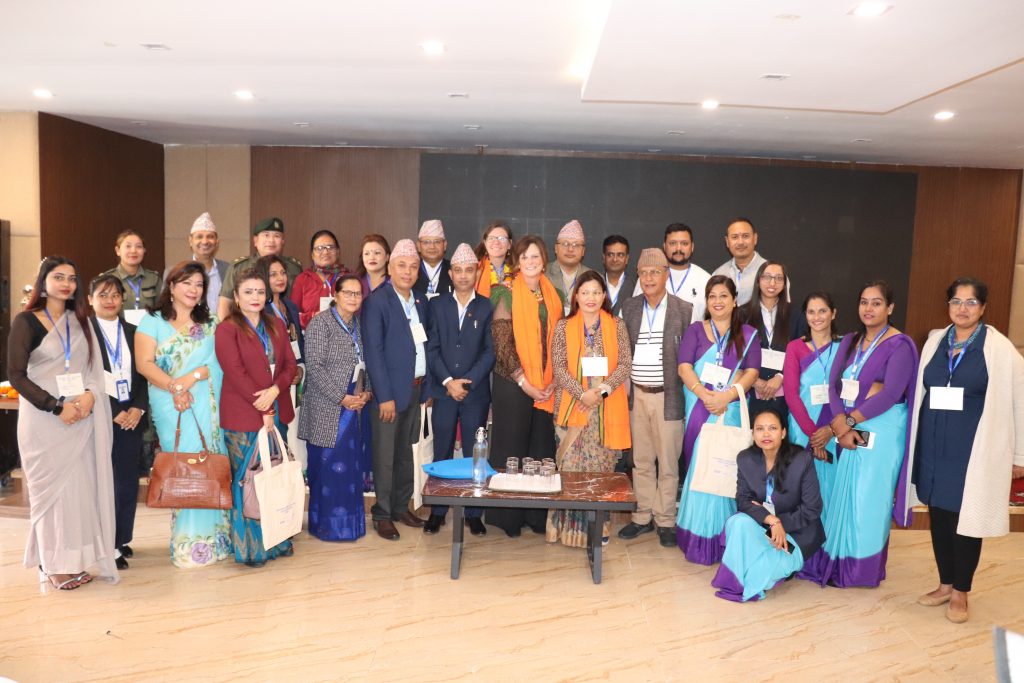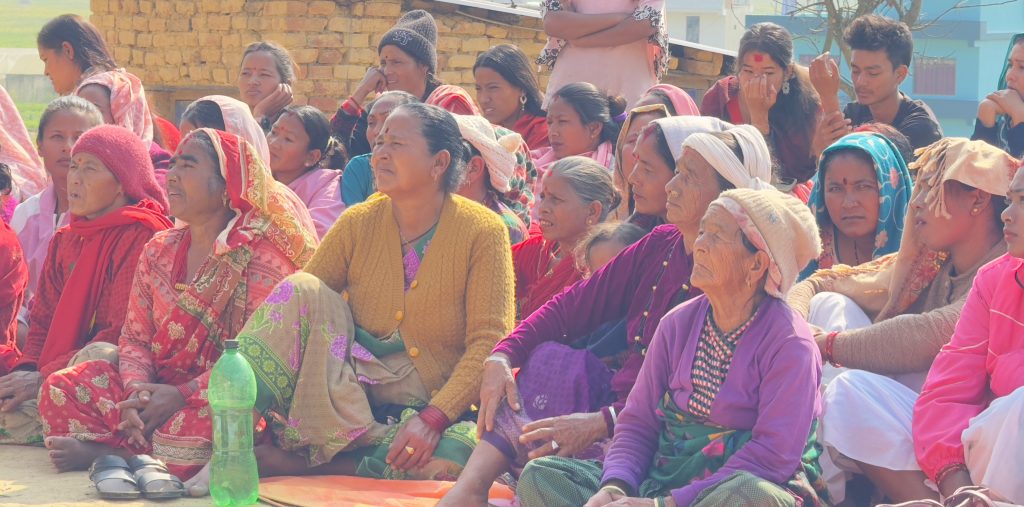Subnational Governance Program
The Australian Government Department of Foreign Affairs and Trade (DFAT), and The Asia Foundation Strategic Partnership on Subnational Governance Program in Nepal.
Nepal declared its new constitution through an elected Constituent Assembly in September 2015. The constitution moved Nepal away from a unitary system of governance into a federal republic. The new federal system includes three tiers of government – federal, provincial, and local. Each tier has constitutionally guaranteed, exclusive, and concurrent power and functions. All tiers are empowered to make laws, adopt an annual budget, and formulate and implement relevant policies.
In February 2017, the Department of Foreign Affairs and Trade (DFAT) and The Asia Foundation entered a strategic partnership to implement the Subnational Governance Program (SNGP) to support Nepal’s newly created subnational government to become operationally functional and to reduce potential instability during the transition to federalism.
In Phase I (Feb 2017 – May 2021), the partnership supported Nepal to create an enabling environment for the growth of strong and effective subnational governments that could respond to the needs of citizens, with an emphasis on the needs of historically marginalized groups, women, and girls. Adopting a flexible partnership instrument, the program contributed to deepening the understanding of the political terrain on subnational governance through actionable knowledge products, implementation of innovative and carefully targeted activities, and providing strategic support to build the foundation for improved service delivery and economic governance.
After the Covid-19 pandemic, SNGP shifted its focus to include a set of targeted interventions at the subnational level that are directly related to Covid-19 response and the long-term stability of subnational governments in Nepal. The program’s initiatives focused on strengthening local public health systems and economic recovery to local and provincial governments. The idea was to work toward reinforcing the stability of Nepal’s federal state structure by assisting in its post-pandemic economic recovery efforts and strengthening public health system governance at the subnational levels.
In Phase II (operational since March 2022), the program aims to assist Nepal in bringing stability to its federal governance structures while supporting subnational governments to develop and implement plans, policies, and measures for inclusive economic recovery and better public health governance.
At a strategic level, SNGP Phase II continues to address the core issue of clarifying functional and jurisdictional overlaps in implementing the federal governance system. For this, SNGP, with engagement across all tiers of government (federal, provincial, and local), continues to support Nepal in:
At the subnational level, SNGP supports in the improvement of necessary policies, systems, and capacity for equality and inclusion and ensures access to public health, economic recovery support, and growth opportunities for all citizens, including women, persons with disabilities, and other marginalized groups.
The program implements a dual-track approach to mainstream Gender Equality, Disability, and Social Inclusion (GEDSI) through targeted and integrated efforts.
Our Program Reach
7 provinces and 753 municipalities (through strategic interventions) with seven strategic partner municipalities



